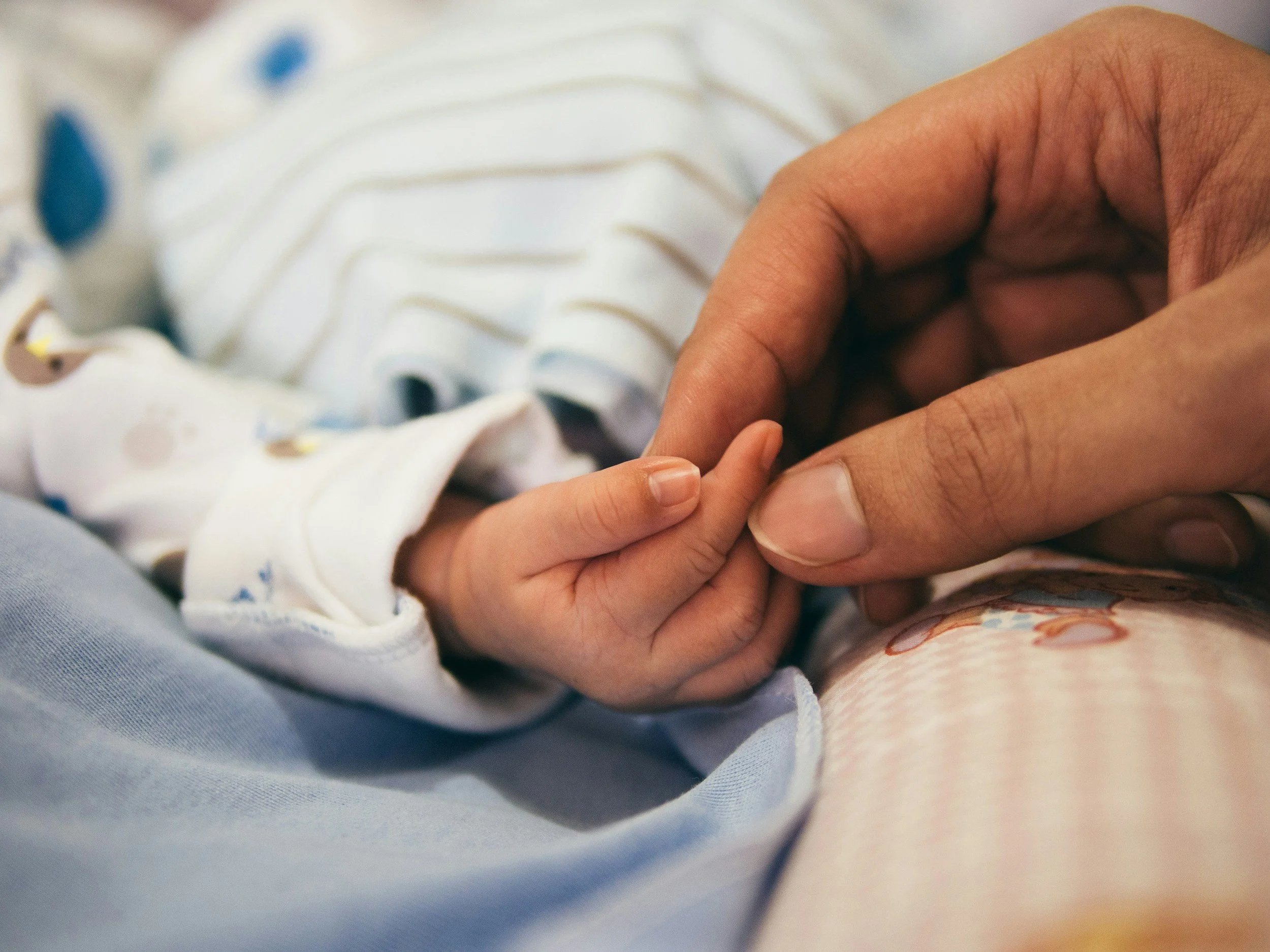
Perinatal Mental Health
Pregnancy and the postnatal period are often described as joyful times, yet many people find them emotionally challenging.
Anxiety, low mood, intrusive thoughts, and trauma after birth are common, but they are not always openly talked about.
If you are struggling during pregnancy or after your baby’s arrival, you are not alone and support is available.
Therapy can help you feel more grounded, reduce distress, and support bonding with your baby.
What is Perinatal Mental Health?
Perinatal mental health refers to difficulties that arise during pregnancy (antenatal) or after birth (postnatal).
These can include depression, anxiety, obsessive thoughts, or trauma related to pregnancy or birth.
Hormonal changes, sleep deprivation, previous experiences, and life stress all play a role.
Left untreated, perinatal difficulties can affect not only parents but also family relationships and child development, making timely support essential.
Symptoms of Antenatal & Postnatal Difficulties
Persistent sadness, emptiness, or guilt
High levels of worry or panic, including fears about the baby’s health
Intrusive or distressing thoughts, sometimes about harm
Flashbacks or nightmares after a difficult birth
Feeling disconnected from the baby or partner
Sleep disturbance beyond what is expected from caring for a newborn
Loss of interest or pleasure in activities
Types of Perinatal Difficulties
Antenatal Depression/Anxiety: difficulties during pregnancy
Postnatal Depression: low mood after birth
Postnatal Anxiety/OCD: intrusive worries and compulsive behaviours
Birth Trauma / PTSD: distress following a difficult or traumatic birth
Causes and Risk Factors
Perinatal difficulties rarely have a single cause - they often arise from a complex mix of biological, psychological, and social factors.
Hormonal changes and the physical demands of pregnancy or birth can play a part, as can complications during labour or recovery.
Past experiences, including earlier trauma or attachment difficulties, may also resurface at this stage, making the transition into parenthood feel especially overwhelming.
Lack of support, isolation, or pressure to meet high expectations of being the “perfect parent” can add further strain.
None of these factors are signs of weakness; they are reminders of how sensitive and significant this life stage is, and why compassion and the right support can make such a difference.
How Therapy Can Help with Perinatal Mental Health
Therapy provides a safe, non-judgemental space to talk openly about the challenges of pregnancy and early parenthood - feelings that are often kept hidden for fear of being misunderstood.
For some, Cognitive Behavioural Therapy is helpful in recognising and challenging unhelpful thoughts that fuel anxiety or low mood.
When experiences of birth have been traumatic, EMDR can be used to process distressing memories and reduce the impact of flashbacks or nightmares.
Many new parents struggle with guilt, shame, or fears of being a “bad parent,” and here compassion-focused approaches can be especially powerful, supporting you to build a kinder and more realistic view of yourself.
Others may find Acceptance and Commitment Therapy useful, learning how to live with uncertainty while staying connected to what truly matters.
For those feeling disconnected from their baby, therapy can also explore attachment and bonding, strengthening the parent–infant relationship.
However your difficulties show up, therapy offers both practical strategies and emotional support to help you feel steadier, more resilient, and able to rediscover moments of joy in early parenthood.
Get in touch
Use the form below to get in touch and find out more about how we can help you
